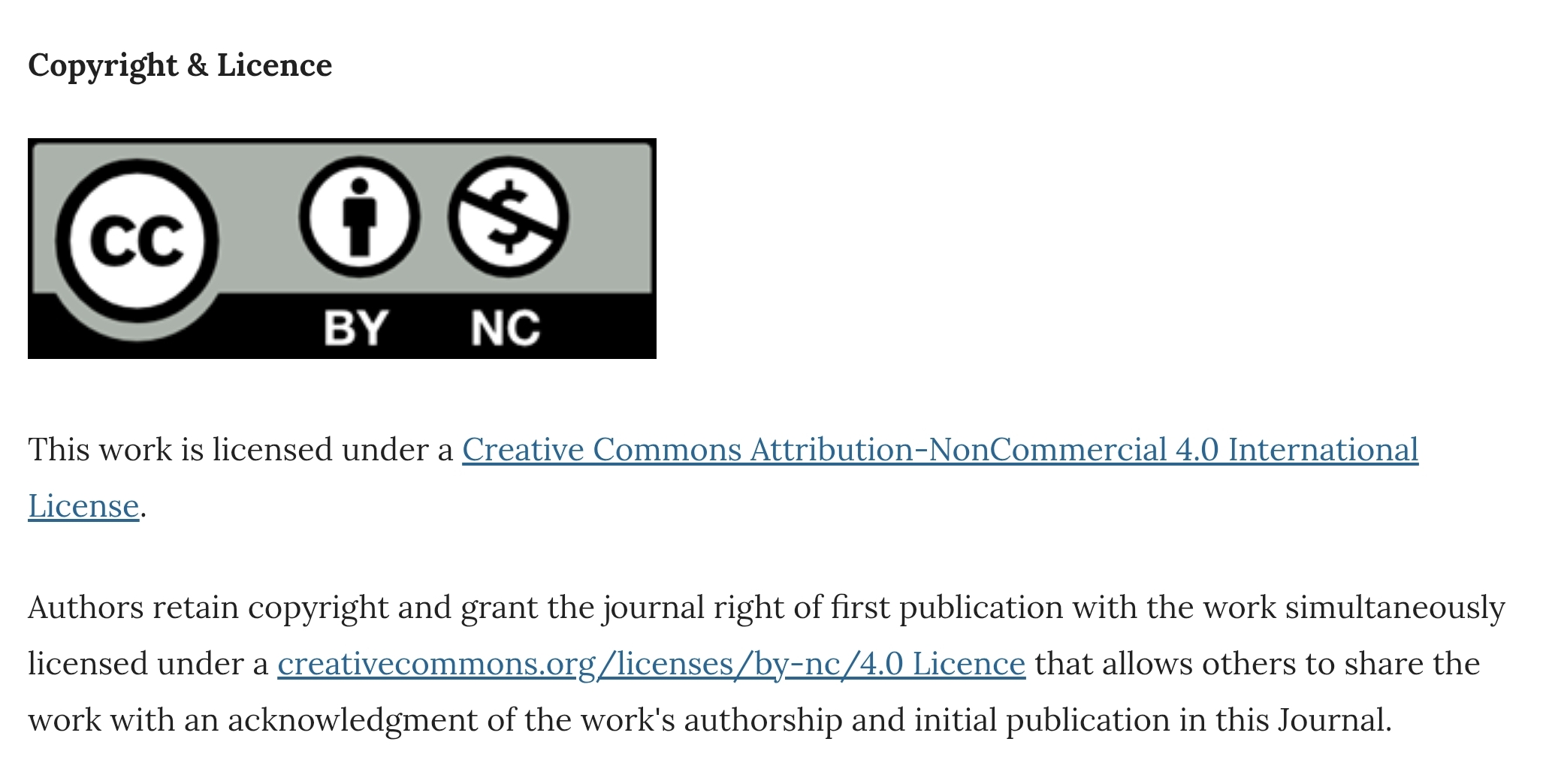Retraction and Correction Policy
All submitted articles require the corresponding author's written consent if they need correction after publication. This policy is in place to ensure that authors have complete control over their work and are respected in the decision-making process. If the article involves any change in the author's list, written consent from all authors is required, further reinforcing respect for the authors' contributions.
An article will be considered for retraction if there is clear evidence that the findings are unreliable, either as a result of a significant error (e.g., miscalculation or experimental error) or as a result of fabrication (eg, of data) or falsification (eg, image manipulation). The retraction can also be due to plagiarism or when findings have previously been published elsewhere without proper attribution to previous sources or disclosure to the editor, permission to republish, or justification (ie, cases of redundant publication) or when it contains material or data without authorization. This detailed explanation of the retraction criteria aims to keep authors informed and aware of the journal's policies. Retraction will be considered if the copyright has been infringed or there is a severe legal issue (eg, libel, privacy). Retraction will be undertaken if the research reported is proven unethical. Retraction will be considered if there is a compromised or manipulated peer review process, failure of the author(s) to disclose a major competing interest (aka, conflict of interest) that, in the view of the editor, would have unduly affected interpretations of the work or recommendations by editors and peer reviewers.
Editorial expression of concern is to be considered if there is any ambiguity regarding authors' misconduct, an ongoing investigation into such allegations may take time, or an author raises a dispute regarding the contributor list.
Retraction notices will be linked to the retracted article wherever possible (i.e., in all online versions). It will identify the retracted article (e.g., by including the title and authors in the retraction heading
or citing the retracted article) and identified as a retraction (i.e., distinct from other types of correction or comment). The retraction will be published promptly to minimize harmful effects. The retraction notice will clearly state who is retracting the article and the reason(s) for retraction. Retraction shall be performed in an objective, factual manner, avoiding inflammatory language. The retracted article will be freely available to all readers (i.e., not behind access barriers or available only to subscribers).
Retracted articles will be unmistakably identified in all online sources (e.g., on the journal website,
the original article, and bibliographic databases). A link to the original article in all electronic versions of the journal follows the retracted article. The title and name of the authors would be present in the retraction heading. The retracted article will clearly state who is retracting the article and the reason(s) for retraction.
Retraction Process
All authors will be informed about the error or reason for retraction. The journal editorial board and the parent organization will be made aware of the reason for your retraction. If necessary, legal advice will be sought.
- A note of retraction, titled “Retraction: (article title)”, and signed by the authors and/or editor, is published in an issue of the journal.
- In an electronic version of the journal, a link is made to the article.
- The original paper or article will remain unchanged, except for a “watermark” on any PDF copy, indicating that the article has been “retracted.”
- Any HTML version of the paper will be removed.
The journal is not a member of COPE. However, it follows the ethical principles of COPE.
https://publicationethics.org/retraction-guidelines
All complaints about the author, reviewer, and editorial actions will be forwarded to the journal editor.
Email for the purpose: editor@kjponline.com







